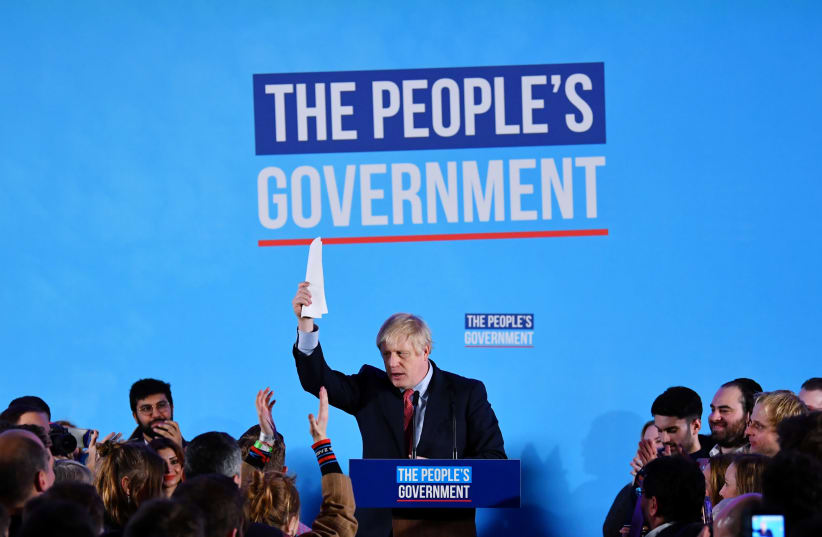Johnson invokes legacy of Britain's first Jewish Prime Minister
In declaring himself to be a One Nation conservative, British Prime Minister Boris Johnson is directly invoking the legacy of Benjamin Disraeli in seeking to unite the country post-Brexit.
